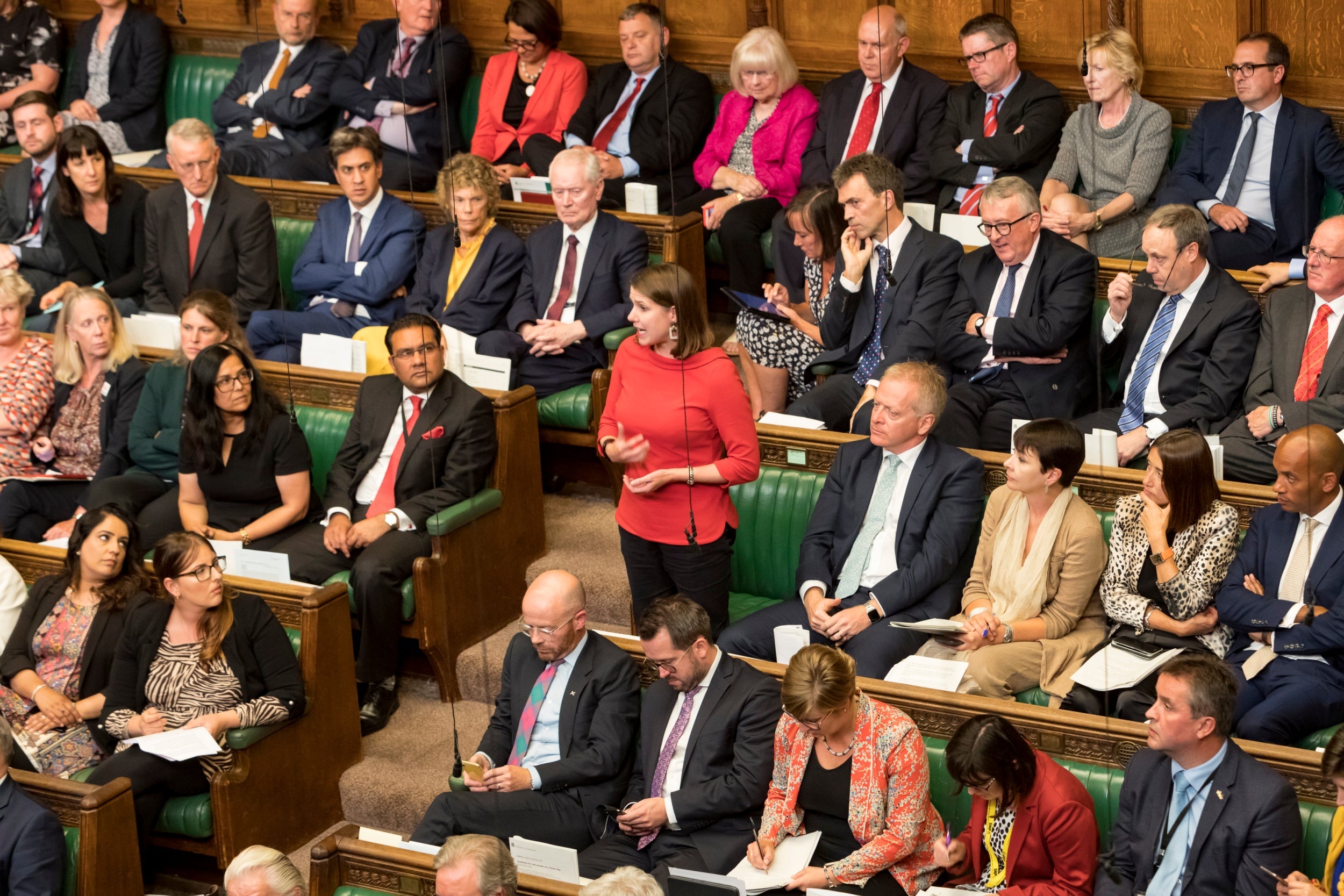Boris Johnson’s great big election gamble
The prime minister is asking parliament to pass a law for an election on 12 December – but can he win the votes of the Scottish National Party and the Liberal Democrats that he needs?


Your support helps us to tell the story
From reproductive rights to climate change to Big Tech, The Independent is on the ground when the story is developing. Whether it's investigating the financials of Elon Musk's pro-Trump PAC or producing our latest documentary, 'The A Word', which shines a light on the American women fighting for reproductive rights, we know how important it is to parse out the facts from the messaging.
At such a critical moment in US history, we need reporters on the ground. Your donation allows us to keep sending journalists to speak to both sides of the story.
The Independent is trusted by Americans across the entire political spectrum. And unlike many other quality news outlets, we choose not to lock Americans out of our reporting and analysis with paywalls. We believe quality journalism should be available to everyone, paid for by those who can afford it.
Your support makes all the difference.Boris Johnson has done the Theresa May thing and not the Gordon Brown thing. He is taking the big risk for a prime minister: a general election. He couldn’t get it by a two-thirds vote in the House of Commons tonight, so he announced he will try a different method, passing a new law to set the date, which needs only a simple majority.
The prime minister cannot get two-thirds of MPs, because Labour MPs refuse to vote for an early election, but thought he could get 50 per cent plus one, because the Scottish National Party and Liberal Democrats seemed to be ready to vote for it.
But within moments of Johnson’s announcement, Jo Swinson put out a statement: “He could have supported our bill for a general election on 9 December. Instead he has chosen to stick to his original plan for 12 December, which we have already rejected.”
It is not clear if this dispute over just three days is a way by which Swinson can back down from her recent enthusiasm for an early election, or if there is scope for negotiation. Her original argument for 9 December was that this would require parliament to be dissolved this Friday, which would not allow time for Johnson to get his Brexit bill through.
There isn’t time to get it through before a 12 December election either, because MPs wouldn’t vote for the kind of draconian timetable needed, and Johnson could undertake not to try. But Swinson said, “You can’t just trust what the prime minister says.”
There may be other complications that will scupper Johnson’s election plan. Swinson said yesterday the Lib Dems wouldn’t try to change the franchise for an early election, but Ian Blackford, leader of the SNP in Westminster, today said he wanted EU nationals and 16 and 17 year olds to have the vote.
The bill for an early election would also have to go through both houses of parliament in double quick time, although this would be possible as long as there was a majority for it. And the Conservatives plus SNP and Lib Dems would have a majority of 46.
In addition, the prime minister is likely to bring some of the independent Conservatives back into the fold. If they undertake to support Johnson’s Brexit deal, they will be allowed to stand as the official Conservative candidate in their constituencies, and thus to hold on to their seats. So the prime minister has a cushion for his majority to get the election bill through.
But he needs the SNP and the Lib Dems, and there are voices in both parties opposed to giving him the election that he and Dominic Cummings, his chief of staff, so clearly want.
Unusually, for such a disciplined party, one SNP MP, Angus MacNeil, has gone public, tweeting: “This MP ain’t joining with the Lib Dems in their latest coalition bid with the Tories!!”
It looks as if Boris Johnson might have run into the brick wall of the election paradox: opposition MPs will vote for an early election only as long as they think the prime minister will lose, in which case he won’t try to hold one. And as long as opposition MPs think he will win an election, they will vote against it.
If Lib Dems and SNP MPs are now getting cold feet, the cold and dark December election will be off.
Join our commenting forum
Join thought-provoking conversations, follow other Independent readers and see their replies
Comments